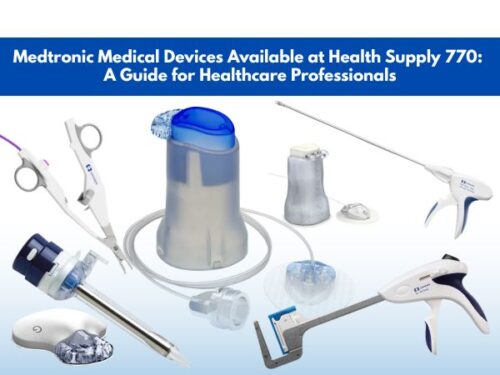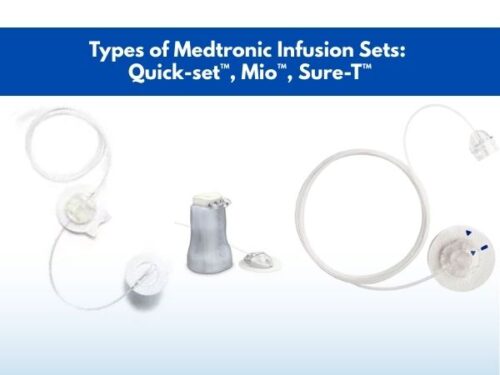How do you Make Sterile Water for Irrigation?

Water is the symbol of life. Humans, animals, plants, and all living organisms need water to survive. It is used in many activities and is a blessing indeed. Apart from drinking purposes, water is mainly used for cleaning purposes.
But do you know that a type of water is used to clean body organs and cavities? This process is called irrigation and sterile water is used to wash out these organs, body cavities, or a wound. Today we are going to discuss sterile water, its uses, and the process of making sterile water.
What is irrigation?
Irrigation in medical terms is defined as the process of washing out an organ (for instance stomach or colon), a body cavity, or a wound by flushing it with a fluid or a medicated solution. It is an important part of wound healing as it helps to reduce infection risks and make the healing process faster.
Apart from wounds, sterile water is used in continuous bladder irrigation (CBI) which is the procedure of flushing the bladder with a sterile liquid. For wound closure, sterile water is helpful to clean out the wounds which in turn helps to reduce the chances of infection that can cause severe complications.
What is sterile water?

As washing out the body’s organs, cavities, and wounds is a critical process that requires completely clean supplies to ensure that no complications occur. Sterile water is water that is free of all microorganisms (fungi, spores, bacteria).
It is used as a hypotonic, sterile, and, non-pyrogenic irrigating fluid and acts as a pharmaceutical aide. It is also used in sterile preparations including injections and eye drops. Sterile water in the medical field is used for injection, irrigation, and also for laboratory testing.
Medically stated, sterile water is a fluid with a PH of almost 5.7 and is used as a solvent to dissolve or dilute drugs. It is used to clean wounds or to wash out the body’s organs or cavities.
It is also important to use sterile water in laboratory experiments as any contamination in the water which is used in the testing can affect the results of the tests and can invalidate the test results.
How do you make sterile water for irrigation?
Sterile water has been added to the list of medical supply shortages by the FDA. Sterile water is sterilized and packaged for use in sterile irrigation. It is packaged in a plastic container that is made of polyvinyl chloride.
Although sterile water must be administered by a medical expert, it is possible to make your sterile water. Sterile water is highly important for wound closure as it can help the wound to heal faster by reducing the risks of infection. Infection of the wounds can cause severe complications and pain.
Therefore washing out the wound with sterile water can help to prevent infections and their resulting complications.
However, it is also important to note that only boiled water is not the same as sterile water. Boiled water may not have bacteria and can be used for drinking purposes but it cannot be used as sterile water for medical purposes.
The process of making sterile water is simple. First of all, you will need to gather all the supplies which you will need to make sterile water. These supplies include:
• Pressure cooker or hermetically sealed pot
• Filtered water
• Stove
• Thermometer
• Sterilized container
A sterilized container is necessary as it is used to store the sterile water. After preparation, the sterile water must be stored in a cool place and a sterilized container. After collecting all the supplies, the following steps can help you to make your sterile water:
• First of all, you will need to fill your pressure cooker or hermetically sealed pot with enough water.
• Now place this pressure cooker or pot on the stove and boil the water for twenty minutes.
• Now the sterilization process of the water includes that throughout the boiling process, the temperature within the pressure cooker or hermetically sealed pot must be two hundred and fifty degrees Fahrenheit.
• The sterile water is ready to be used.
• After preparation, it is advised to use sterile water immediately so that no contamination occurs. Also, the sterile water must be stored inside a sterilized container to keep it sterile. When stored properly, the sterile water can be used for up to three days.
• The sterile water can also be bought from medical or pharmaceutical supply companies.
Common side effects of sterile water
Sterile water may have some common side effects which include the following:
• Low blood sodium (hyponatremia),
• Fluid overload,
• Fluid absorption, and
• Electrolyte imbalance
Although sterile water normally does not cause any serious side effects yet it is important to discuss with your doctor if you notice any of these side effects. This will help to avoid any severe complications.
Conclusion
Sterile water is water that is free of all microorganisms including bacteria, fungi, and, spores. This sterile water is used to wash out human body cavities, body organs, or wounds. The sterile water is prepared by pharmaceutical companies and is used in medical irrigation which is the process of cleaning the body’s organs, cavities, or wounds with the help of sterile water.
Although sterile water made by pharmaceutical companies is mostly used in medical settings yet it is also possible to make sterile water on your own. The preparation of sterile water requires a few easy steps that must be followed carefully to ensure the correct product outcome.
However, it must be considered highly significant to note that boiled or distilled water is not the same as sterile water. Although boiled water can be used for drinking purposes, it cannot be used for medical irrigation.
Also, the procedure of making sterile water should be followed correctly and after preparation, the sterile water must be stored in a sterilized container and should not be used after three days.



















